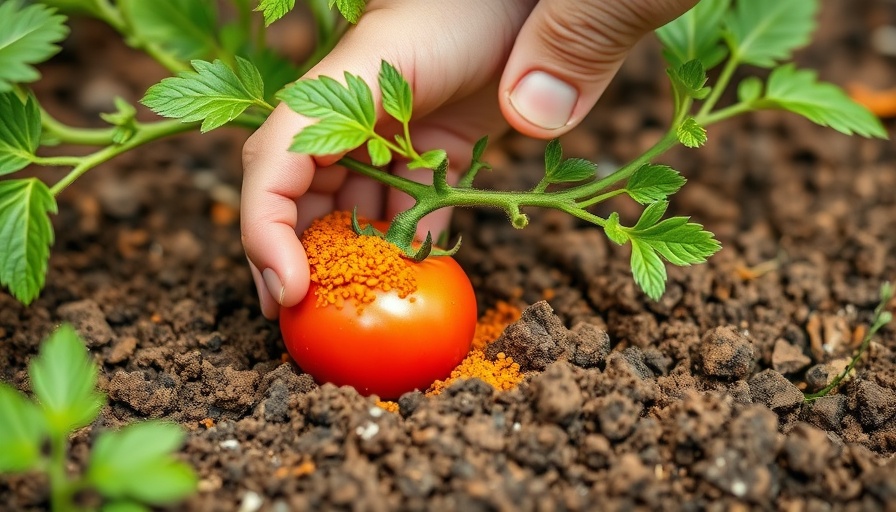
The Essential Guide to Avoiding Fertilizer Fiascos in Your Vegetable Garden
Growing your own vegetables is not only a rewarding endeavor but also a wonderful way to connect with nature and provide fresh produce for your family. However, many gardeners—especially beginners—often encounter challenges that can hinder their gardening success. One of the biggest culprits of these challenges is improper fertilization. In this article, we’ll uncover seven common fertilizer mistakes that can ruin your vegetable garden.
1. Over-Fertilization: The Silent Killer
Think a little extra fertilizer can boost your plants? Think again! Over-fertilizing can lead to nutrient burn, stunted growth, and even plant death. It’s crucial to follow recommended guidelines for your specific vegetable plants. Different varieties—like tomato plants and leafy greens—have unique nutrient needs.
2. Ignoring Soil Testing
Did you know the secret to a successful garden starts with understanding your soil? Many gardeners skip soil testing, which can result in applying the wrong type of fertilizer. Regular soil testing will help you determine nutrient levels and pH balance, allowing you to select the appropriate fertilizers and amendments.
3. Using the Wrong Type of Fertilizer
Not all fertilizers are created equal. Organic gardeners may prefer compost or well-rotted manure, while hydroponic growers might need synthetic options. Understanding your garden’s needs and the types of fertilizers available will help you make informed choices for plant health.
4. Timing is Everything
Applying fertilizer at the wrong time can significantly impact plant growth. For instance, fertilizing during a drought can do more harm than good. It’s essential to fertilize after watering your plants, as this ensures the nutrients are absorbed effectively without overwhelming the plants.
5. Forgetting to Mulch
Mulching not only retains moisture but also helps suppress weeds and adds organic matter to your soil as it breaks down. If you’re using chemical fertilizers, complement this with a good layer of mulch to protect your soil's health and enhance nutrient availability.
6. Failing to Rotate Crops
Planting the same family of vegetables in the same location year after year can deplete specific nutrients from the soil, leading to deficiencies. Practicing crop rotation helps maintain balanced nutrient levels and prevents soil degradation.
7. Neglecting Additional Nutrient Needs
While N-P-K (Nitrogen, Phosphorus, Potassium) is essential, other nutrients like calcium, magnesium, and sulfur are vital for comprehensive plant health. Consider incorporating organic fertilizers or mineral amendments to provide a well-rounded nutrient profile.
The Value of Understanding Fertilization
Being aware of these common fertilization pitfalls can drastically improve the health and productivity of your vegetable garden. By implementing these strategies, you’ll not only grow healthier vegetables but also embark on a more enjoyable gardening journey.
Creating a Thriving Garden
As you continue to cultivate your vegetable garden, consider integrating the right gardening tools and supplies to ease your tasks. Whether you’re a beginner looking for gardening tips or a seasoned gardener refining your approach, understanding how to avoid these typical mistakes will help foster a thriving garden.
So grab your gardening gloves, roll up your sleeves, and dig into your planting endeavors with this newfound knowledge. Happy gardening!
 Add Row
Add Row  Add
Add 




Write A Comment